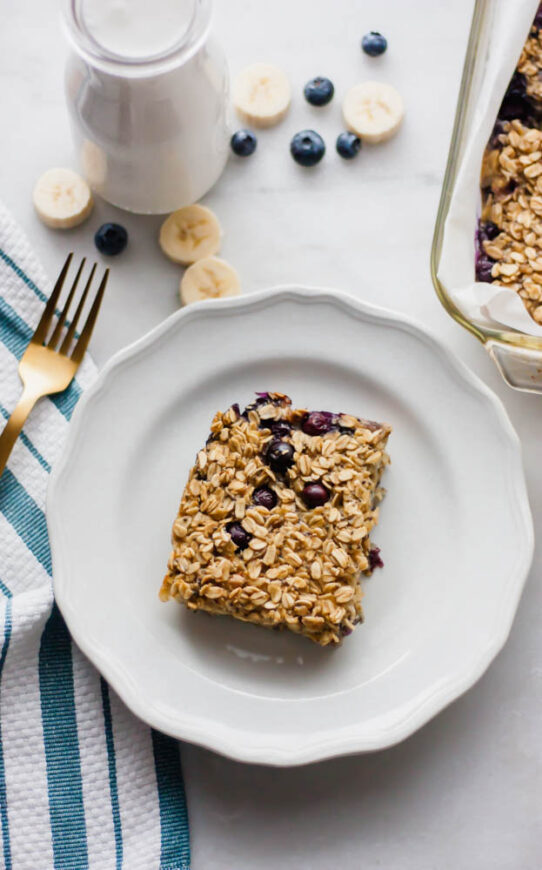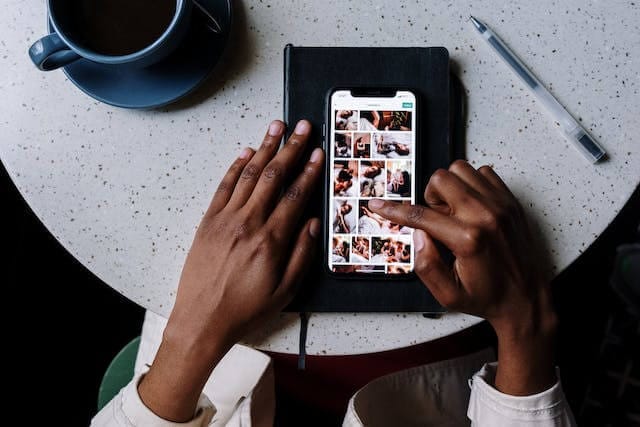When you log on to any social media app, it’s almost inevitable that you’ll encounter ads or posts promoting the idea of getting “beach ready,” feeling your best or losing weight. These messages are so pervasive that you might scroll past several within just a minute of browsing, often without even noticing. But have you ever paused to consider how these constant messages make you feel? Do they spark excitement, or do they stir up feelings of inadequacy and pressure?
These negative emotions are often the subtle yet powerful influence of diet culture. For decades, diet culture has shaped our beliefs about nutrition, weight loss, and what it means to be healthy. However, these messages can be more harmful to our mental and physical health than we realize, perpetuating unrealistic standards and unhealthy behaviors that may do more harm than good.
What is diet culture?
Diet culture is the pervasive idea or cultural norm that equates losing weight and being thin with health and views any other size as inherently unhealthy. At its core, diet culture glorifies restriction. Whether that’s through cutting calories, avoiding certain food groups, or engaging in intense exercise regimes.
The messages promoted by diet culture can be subtle, like the praise someone receives for losing weight, or overt, like the pressure to conform to societal standards of beauty. Here are five unhealthy beliefs that diet culture is founded on:
- Thinness equals health
- A higher weight or larger body is caused by poor health decisions and lack of exercise
- Categorizing foods as good and bad
- Your worth is tied to your appearance
- Weight loss is always positive

The negative impact of diet culture
Diet culture’s influence is profound and far-reaching, shaping how we view our bodies, food, and health. Its effects are not just limited to physical health but extend into our mental and emotional well-being. Understanding these impacts can help us recognize the harm diet culture can cause and empower us to make better decisions regarding our overall health and well-being. Some of the negative impacts of diet culture include:
Distorted Body Image
One of the most significant impacts of diet culture is the way it distorts our perception of our bodies. Constant exposure to messages that equate thinness with beauty and success can make us view our bodies as projects needing constant improvement.
This mindset often leads to chronic dissatisfaction, even when we are at a healthy weight, fostering a cycle of negative self-perception and low self-esteem.
Mental health difficulties
Diet culture’s relentless focus on achieving an unattainable ideal can take a significant toll on mental health. The constant striving for perfection can lead to an increased risk of certain mental health conditions, including depression, anxiety, and even body dysmorphia.
This toxic cycle, where individuals are never satisfied with their bodies, can also erode self-esteem and make it challenging to develop a positive relationship with food and body image.

Risk of disordered eating patterns or eating disorders
Research indicates that while dieting is a common practice, it can be harmful, often leading to disordered eating habits. According to the National Eating Disorders Association, 35% of people who diet develop an unhealthy obsession with it, and 20 to 25% of these individuals may eventually develop eating disorders.
The pressure to conform to diet culture’s ideals is what leads to the development of disordered eating patterns or full-blown eating disorders. Conditions like anorexia, bulimia, and binge eating often stem from the desire to control one’s body and meet unrealistic societal expectations.
Even those who don’t develop clinical eating disorders may engage in unhealthy behaviors like yo-yo dieting, obsessive calorie counting, or exercising to the point of exhaustion.
Nutrient Deficiency
Another significant impact of diet culture is the risk of nutrient deficiency. When diets focus on cutting out entire food groups or drastically reducing calorie intake, the body may not get the essential vitamins and minerals it needs to function properly. This can lead to a host of health issues, including weakened immune function, fatigue, poor bone health, and more.
Restrictive diets, especially those influenced by diet culture, often neglect the importance of balanced nutrition, prioritizing weight loss over overall health.

Can diet culture be helpful?

Given the damaging effects of diet culture, it’s natural to wonder if there’s any positive aspect to it. Can the focus on health and fitness ever be beneficial? The answer is complex. On one hand, diet culture’s emphasis on health can encourage people to adopt healthier lifestyles.
The rise of plant-based diets, the promotion of regular exercise, and the growing awareness of the importance of nutrition are all examples of positive trends that can be linked to the broader influence of diet culture.
However, it’s crucial to distinguish between genuinely healthy practices and those driven by the desire to conform to societal standards. When diet culture promotes balanced eating and regular physical activity as a means of enhancing overall well-being, rather than just a way to lose weight, it can have a positive impact.
Encouraging people to eat more fruits and vegetables, drink water, and move their bodies daily are all examples of positive health messages that can be beneficial when presented without the pressure to achieve a certain body type. The key to making diet culture more positive lies in shifting the focus from appearance to health and well-being.
In essence, whether diet culture is beneficial or harmful depends largely on how you approach it. Simply following any diet without careful consideration can be detrimental to your body. Prioritizing healthy, sustainable weight management over quick-fix weight loss goals is key to maintaining your overall well-being.
How to move past diet culture influence
Focus on nourishing the body: Switching the focus from weight loss to nourishing and looking after the body may be a more positive perspective and a great way to reframe the way you think about food and weight. One way to do this is by asking yourself if what you’re eating makes you feel energized, helps you focus on work, and lifts your mood instead of making you feel lethargic.

Embrace intuitive eating instead of diets: Intuitive eating is an evidence-based approach that encourages people to trust their bodies’ natural hunger and fullness cues rather than following external diet rules. It’s about tuning into your body’s needs, eating when you’re hungry, stopping when you’re full, and choosing foods that satisfy you both physically and emotionally. Intuitive eating rejects the notion that certain foods are “good” or “bad” and instead promotes a balanced and varied diet.
It encourages people to enjoy food without guilt and to listen to their bodies, rather than following restrictive diets that are often unsustainable. Because this method is based on an individual’s needs, it doesn’t focus on specific foods, calorie targets, or strict eating schedules. Intuitive eating has been applied both as a method for weight management and as a treatment strategy for those struggling with disordered eating patterns.
Filter Your Social Media: Social media can be a major source of diet culture influence, but you have the power to curate your feed. Unfollow accounts that promote unrealistic body standards and follow those that celebrate body diversity and promote positive, health-focused messages. By filtering your social media, you can create a more supportive and body-positive online environment, reducing exposure to harmful content that perpetuates diet culture.

Practice Body Neutrality: Body neutrality encourages you to focus on what your body can do rather than how it looks. This mindset shifts the emphasis away from appearance and toward function, helping you develop a more balanced and less judgmental view of your body. By practicing body neutrality, you can reduce the pressure to conform to societal standards and instead appreciate your body for its capabilities and strength.
Find like-minded connections: Surround yourself with people who can help reinforce healthier attitudes toward food, exercise, self-acceptance, and body image. A strong support network can provide the encouragement and perspective needed to move past diet culture and embrace a more balanced approach to health and well-being.
Diet culture has deeply ingrained itself in our society, shaping how we view food, exercise, and our bodies. While there are some aspects of diet culture that can be positive, such as the promotion of healthy eating and regular physical activity, the overall focus on appearance and weight loss can be damaging. By shifting the focus to health and well-being, embracing intuitive eating, and practicing self-compassion, we can move past the harmful influence of diet culture and develop a more positive relationship with our bodies.

